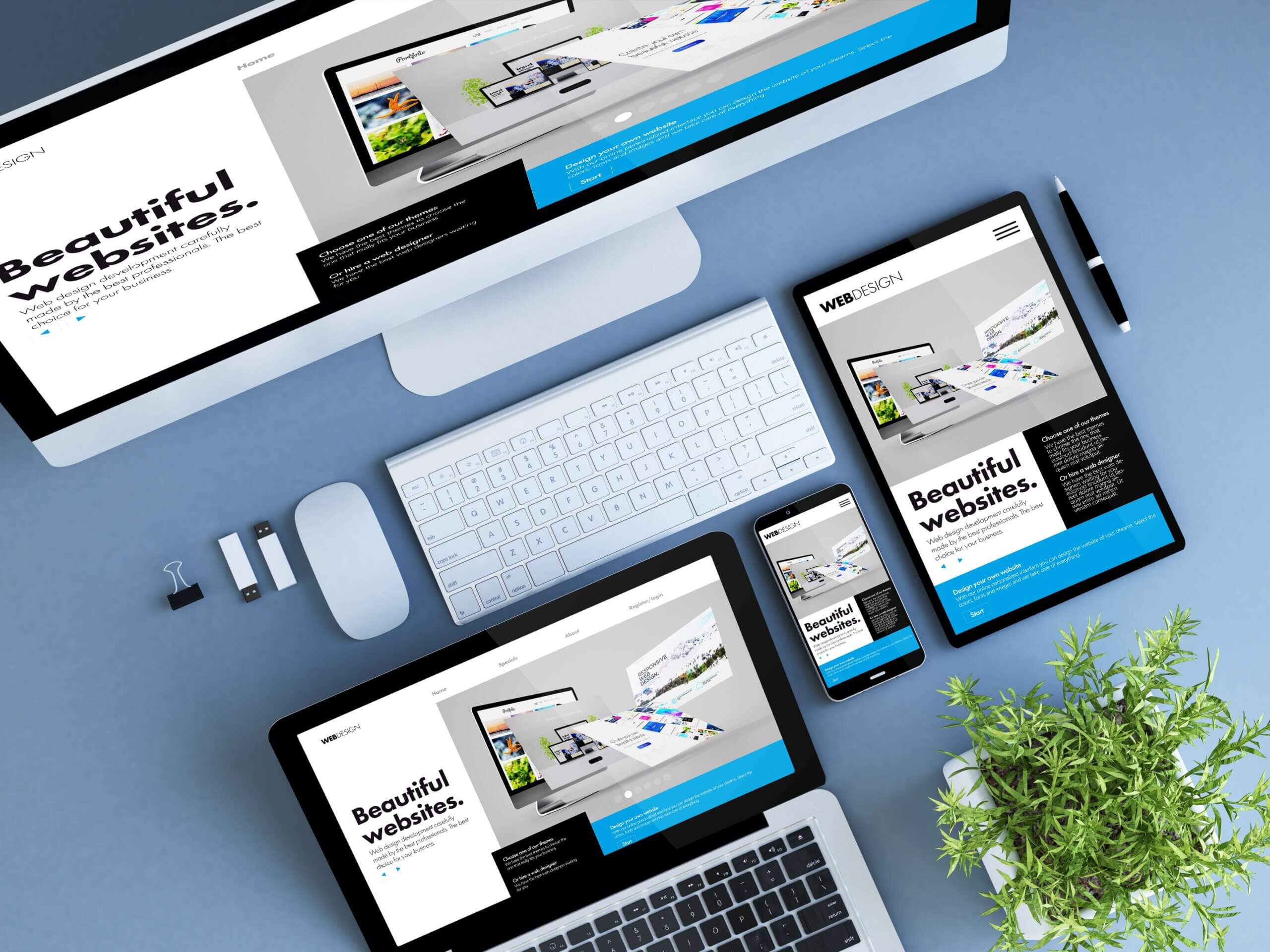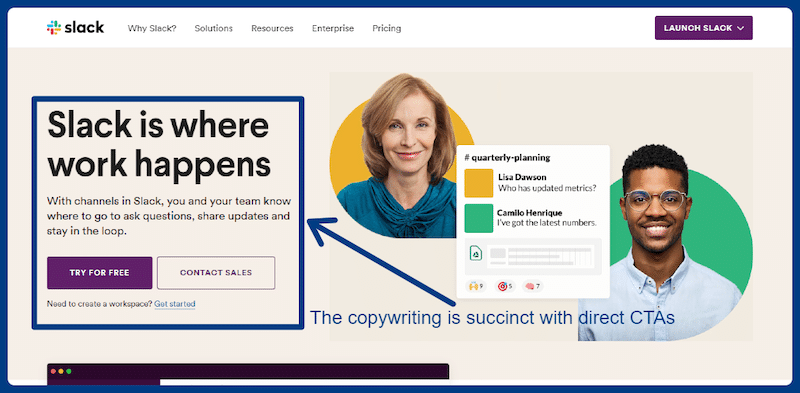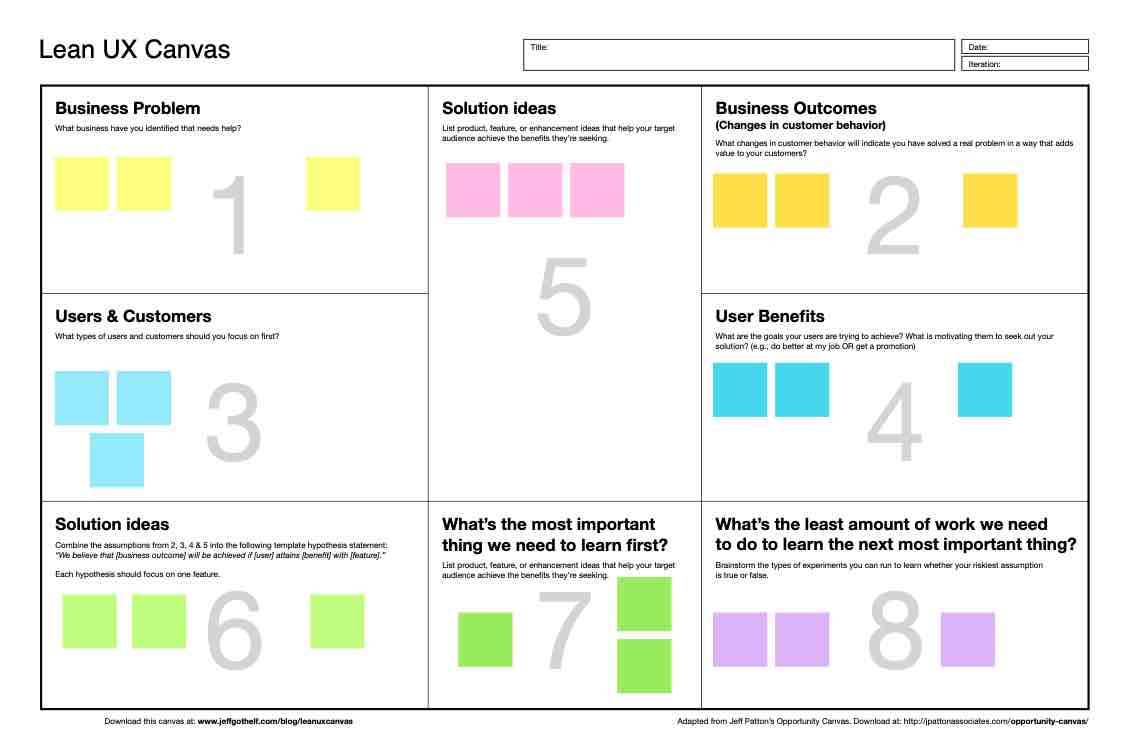
Mobile searching is a very popular activity. When a user is looking for something to do, whether it be to find a restaurant nearby, a movie to watch, or a live sports match, they are likely to start with a search engine. Mobile searches, unlike desktop searches, are more focused on finding the site. They are also more contextual and are more likely to rank pages that load quickly. There are some tips that you can use to design a mobile-friendly site.
Mobile searches require that users have only one hand free. The input fields must be easy to read and tap. Also, you should avoid placeholders. These may appear to be the defaults, but they can hinder accessibility.
Apart from their typing skills, mobile users are also well-known for their voice recognition capabilities. Voice input is now mainstream on desktop and mobile. Users will be able to save time by having their search strings pre-optimized on your website.

Another useful function of a mobile-optimized website is smart search recommendations. Smart search recommendations can be used to recommend products that are suitable for the user's location. You can also filter the search results by language or location. Similar to image searches, you can limit the results by color and size.
The Google app is excellent for quick searches. You can enter specific dates, locations, and usage rights to filter your search results. This tool is also useful for receiving news updates. You might also consider adding a mobile-optimized option to your site if it doesn't already.
A mobile-optimized, well-designed website is crucial for any business. More than half of world's web traffic comes via mobile devices. In order to compete on other platforms, your website should be optimized for both desktop and mobile users. You will need to ensure your website is both mobile-friendly and intelligent enough to give the right suggestions to keep visitors coming back.
There are a few things you can do to make your site stand apart from the rest. One way to make your site stand out is by making it mobile-optimized. You can remove visual clutter and help mobile users focus on the important things.

Modal overlays are used by some mobile-optimized websites to display search results on a different page. Although this might seem like a great idea, it is not new. Amazon's iPhone application has dedicated 22% to navigation.
Notably, an expandable keyword search is a better choice. Expandable searches allow users to quickly find results by simply tapping the Search button. The results are presented in the form a scrollable screen with facets that allows users to refine their search in fewer clicks. A few facets, such the ones mentioned, show icons that correspond to popular refinement options.
FAQ
What is a static web site?
A static website is a site where all content are stored on a server, and visitors can access it via web browsers.
The term "static" refers to the fact that there are no dynamic features such as changing images, video, animation, etc.
This site was originally designed for intranets. However, it has been adopted by small businesses and individuals who need simple websites with no custom programming.
Because static websites require less maintenance, they have grown in popularity. They are simpler to update and maintain than fully-featured websites that have many components (like blogs).
They load also faster than their dynamic counterparts. They are ideal for mobile users and those with slow Internet connections.
In addition, static sites are more secure than their dynamic equivalents. A static website is impossible to hack. Hackers can only access the data contained in a database.
There are two main ways you can create a static web site.
-
A Content Management System (CMS),
-
Static HTML Website Creation
It depends on what your needs are. A CMS is my recommendation if your first website was created.
Why? Because it allows you to have full control over your website. With a CMS, you don't need to hire someone to help you set up your site. Upload files to the website server.
Still, you can learn to code and create static websites. You will need to spend some time learning to program.
How much do web developers make?
A website is a project you can work on for your own money. You'll likely make $60-$80 an hr. But if you want to charge a lot more, you should consider becoming an independent contractor. It is possible to charge between $150-200 an hour.
How do I design a website.
Understanding your customers' needs is the first step. What are they looking at when they visit your site.
What problem might they face if your site doesn't have what they are looking for?
You now need to know how to fix the problems. Your site must look professional. It should be easy to use and navigate.
Your site should be very well-designed. Make sure that it doesn't take too long to load. If it takes too many seconds, people won’t be able stay as long. They'll leave and go elsewhere.
It is essential to determine where all your products reside before you start building an eCommerce website. Are they all in the same place? Are they scattered about your site?
It is important to decide whether you will sell only one product or multiple products at once. Do you prefer to sell one type of product, or several types?
Once you have answered these questions, you can begin building your site.
Now it is time to focus on the technical side. How will your site work? It will it work fast enough? Are people able to get it done quickly from their computers?
Will people be able to buy something without having to pay extra? Is it necessary for them to register before they are able to purchase anything?
These are crucial questions you should be asking yourself. These are the questions that you need to answer in order to be able move forward.
How much does it cost to create an ecommerce site?
It all depends on what platform you have and whether or not you hire a freelancer. eCommerce sites typically start at around $1,000.
You can expect to pay between $5000 and $10,000 for a platform once you have decided.
Templates are usually not more expensive than $5,000, unless you have a specific purpose. This includes any customization you need to make to fit your brand.
Which website builder should I use?
You can start small and build a solid web presence. If you have the time and resources to build a full-blown site, then do so. You might start with a simple blog if you don’t have the time or resources. As you learn how websites are designed and developed, you can always add more features.
But before you build your first website, you should set up a primary domain name. This will give you something to point to when you publish content.
Can I use HTML & CCS to build my website?
Yes, you can! It is possible with basic knowledge of web design, programming languages like HTML (Hyper Text Markup Language), CSS (Cascading style Sheets), and HTML (Hyper Text Markup Language). These two languages allow you to create websites that can then be viewed by anyone who has access to your internet connection.
Statistics
- It's estimated that in 2022, over 2.14 billion people will purchase goods and services online. (wix.com)
- Is your web design optimized for mobile? Over 50% of internet users browse websites using a mobile device. (wix.com)
- It's estimated that chatbots could reduce this by 30%. Gone are the days when chatbots were mere gimmicks – now, they're becoming ever more essential to customer-facing services. (websitebuilderexpert.com)
- The average website user will read about 20% of the text on any given page, so it's crucial to entice them with an appropriate vibe. (websitebuilderexpert.com)
- Studies show that 77% of satisfied customers will recommend your business or service to a friend after having a positive experience. (wix.com)
External Links
How To
What is website hosting?
Website hosting describes where visitors go when they visit a site. There are two types.
-
Shared hosting is the cheapest. Your website files reside on a server owned by someone else. Customers visiting your website send their queries over the Internet, to that server. The server owner then forwards the request to you.
-
Dedicated hosting: This is the most costly option. Your website is hosted entirely on one server. There are no other websites sharing space on the server. Your traffic remains private.
Shared hosting is cheaper than dedicated hosting for most businesses. Shared hosting allows you to have your website run by the company who owns the server.
There are pros and disadvantages to each option. Here are the main differences between them:
Pros of Shared Hosting
-
Lower Cost
-
It's easy to set up
-
Frequent Updates
-
It is available on many Web Hosting Companies
Shared hosting can often cost as little as $10/month. But keep in mind that this price usually includes bandwidth. Bandwidth refers to the amount of data you can transfer across the Internet. Even if you upload only photos to your blog you might still have to pay more for large amounts of data that you transfer through your account.
You'll soon discover why you paid so much more for your previous host when you get started. Most shared hosts don't offer any customer support. While they may occasionally assist you in setting up your site and other tasks, after that you are all on your own.
Providers that offer 24-hour customer support are worth looking into. They will assist you with any problems that may arise while you're sleeping.
Cons of dedicated hosting
-
More Expensive
-
Fewer Common
-
Requires specific skills
With dedicated hosting you will have everything you need to manage your website. You won’t need to worry whether you have enough bandwidth or enough RAM (random address memory).
This means you'll have to spend more upfront. However, once you start running your business online, you'll find that you won't need much technical assistance. You'll quickly become an expert at managing your server.
Which Is Better For My Business, So Which Is Better?
The answer to this question depends on which type of website you wish to create. Shared hosting might be best if you just want to sell products. It's easy to set up and maintain. And since you're sharing a server with many other sites, you'll likely receive frequent updates.
However, dedicated web hosting is the best way to build a community around you brand. Instead of worrying about your traffic, you can build your brand while still being able to concentrate on your business.
Bluehost.com is the best web host for both. They offer unlimited monthly data transfers and 24/7 support. You can also register domain names for free.